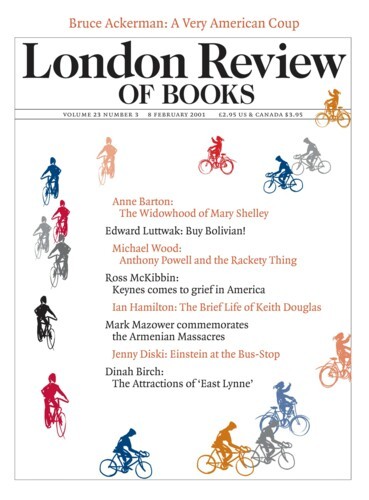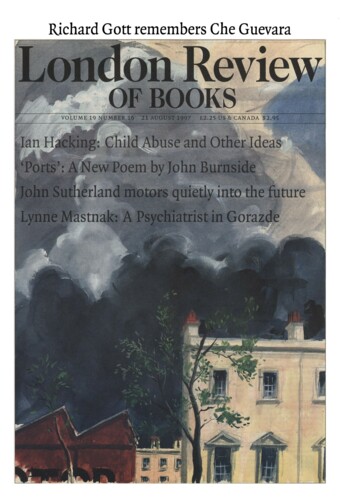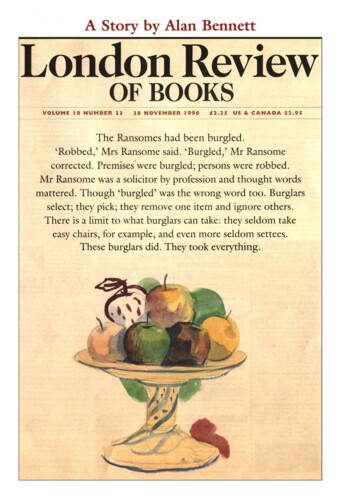Born at the end of the Seventies and in decline at the beginning of the Eighties, Martianism, as a movement in British poetry, was shortlived, and as a descriptive term, misleading. Largely the creation of Craig Raine and Christopher Reid, the movement was characterised by, and remembered for, unusual similes and exotic descriptions. Its name derived from the title poem of Raine’s second collection, A Martian Sends a Postcard Home (1979), in which the Martian, rather like Robin Williams in Mork and Mindy, memorably misconstrues what he sees on our planet – interpreting caxtons, for instance, as ‘mechanical birds’ and noting how ‘Rain is when the earth is television.’ Raine’s poem was not plausible science-fiction, indeed it made no effort to be so – the alien uses earth-words to describe earth-things. His Martian was a distracting, out-of-this-world prop, a pretext for an aesthetic which was resolutely in this world.’
Born at the end of the Seventies and in decline at the beginning of the Eighties, Martianism, as a movement in British poetry, was shortlived, and as a descriptive term, misleading. Largely the...





